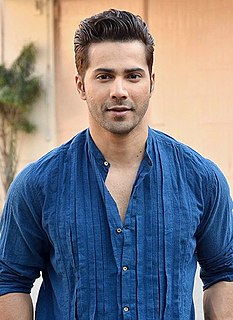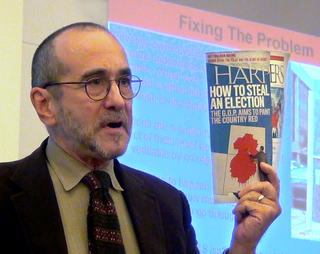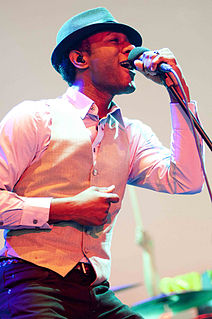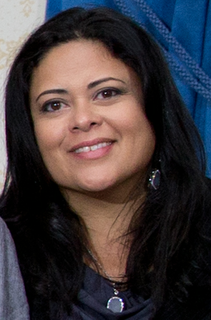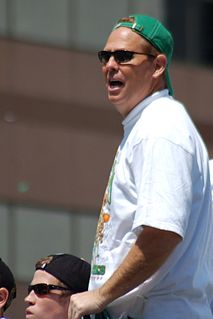A Quote by Paul Virilio
Today, the media handle information as if it was a religious artefact.
Quote Topics
Related Quotes
I don't think we should have less information in the world. The information age has yielded great advances in medicine, agriculture, transportation and many other fields. But the problem is twofold. One, we are assaulted with more information than any one of us can handle. Two, beyond the overload, too much information often leads to bad decisions.
I think by the next generation either we'll have a lot of idiots who are just completely immersed in media and corporatized information, or we'll have people who enjoy media and corporatized information, but are more interconnected with human beings around the world ... And who share common goals and are willing to accept that they are a global citizen. I think the latter is more the direction.
I am saddened by the release by a national media outlet of my opponent's involvement in pornography. I strongly condemn the release of this information. Our campaign was aware of this information several months ago, and made a very determined decision to not use or disperse this information in any way, shape,or form.
We have to remember that information sharing is restricted by legal barriers and cultural barriers and by the notion that information is power and therefore should be hoarded so if you share information you can extract something in exchange. In today's digital online world, those who don't share information will be isolated and left behind. We need the data of other countries to connect the dots.
The great challenge facing us today is to learn once again how to talk to one another, not simply how to generate and consume information. The latter is a tendency which our important and influential modern communications media can encourage. Information is important, but it is not enough. All too often things get simplified, different positions and viewpoints are pitted against one another, and people are invited to take sides, rather than to see things as a whole.



